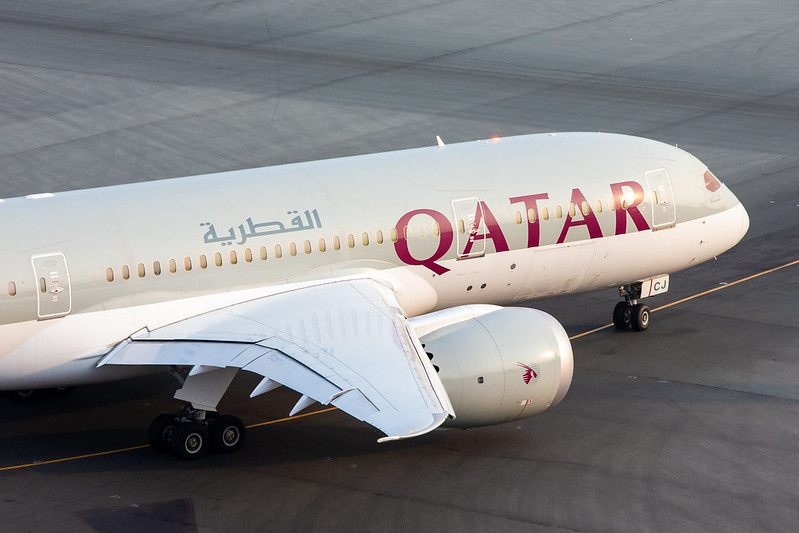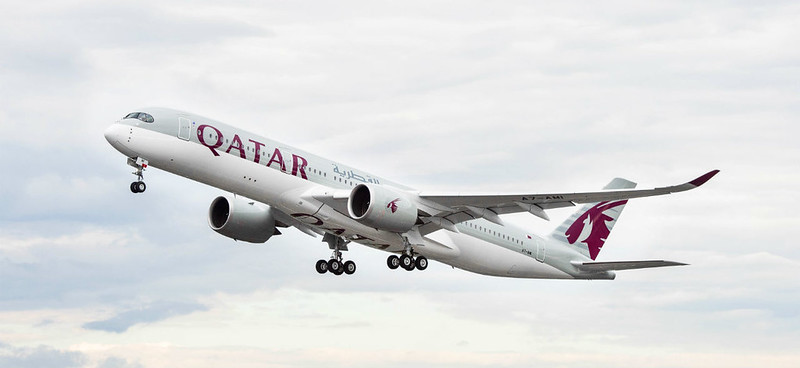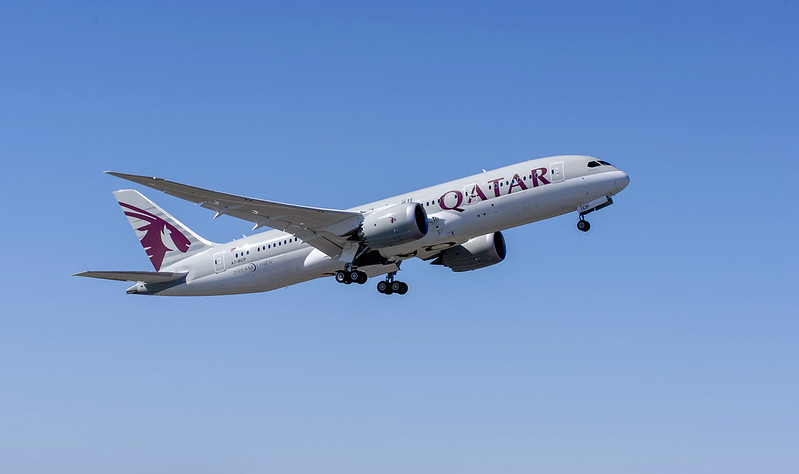
Breaking Travel News interview: Gary Kershaw, UK country manager, Qatar Airways
For a minute there, Qatar Airways was the biggest airline in the world.
According to data from the International Air Transport Association (IATA), the Doha-based carrier offered more seat kilometres than any other between April and July, making it number one globally over the early summer.
During the height of the pandemic, the flag-carrier never cut its route network below 30 destinations, working to repatriate passengers wherever possible.
As Gary Kershaw, UK country manager for airline, explains: “We have sought to be a reliable global connector throughout the pandemic.
“Qatar Airways has operated a lot of charter repatriations for the UK government, and brought a lot of cargo into the UK, including hundreds of tonnes of personal protective equipment.
“We examine our schedules on a rolling two-month timeframe – and we file schedules that we intend to fly.”
This means Qatar Airways has recently been able to issue a winter schedule featuring 124 destinations.
ADVERTISEMENT
By the end of the year, the airline plans to rebuild its network to include 21 cities in Africa, ten in the Americas, 42 in Asia-Pacific, 38 in Europe and 13 in the Middle East.
While not all can be supported by passenger traffic alone, demand for cargo is driving the recovery in some regions.
“There are three factors to consider when deciding where to fly under normal circumstances – one being the amount of corporate traffic, which is currently fairly low, minimal,” Kershaw continues.
“However, we are seeing specific sectors where people are travelling, oil and gas for example, where companies have been rotating staff in the expected way.
“Then we have the volume component, the leisure business, which has also dried up – though we are still seeing some ‘VFR’ traffic, people visiting friends and relatives.
“Finally, there is cargo – which currently has far more significance in determining where we might return to than it would do in a more normal operating environment.”
For the UK this means a surprising number of connections.
Kershaw explains: “We are not fully recovered by any stretch of the imagination, but the UK is one of our most important markets – and we are currently offering four flights a day into Heathrow.
“We are flying into Gatwick three-times a week, Manchester 17-times a week, Edinburgh three-times a week, we well as Dublin, also three-times a week.
“Birmingham and Cardiff are, however, suspended for the winter.”
He adds: “We are currently seeing demand curves that I cannot remember seeing before in 30-years in the industry.
“Bookings come very late, but they do come.
“Here in the UK, travellers do not know what countries will be removed from the quarantine safe list each Thursday, and I think that is affecting the willingness to travel.”

Of course, being the biggest player in a collapsing market is not ideal.
Despite its brief dominance, Qatar Airways still lost nearly US$2 billion in the last financial year, requiring hundreds of millions of dollars in government bailouts to get through the global slump in demand at the height of the Covid-19 pandemic.
The recovery is also unlikely to be quick, with IATA recently arguing even the modest growth seen over the summer has now stalled.
Kershaw continues: “I am not in a position to get my crystal ball out - but I would think you will see any airline struggle to make any money in the next 18-to-24 months.
“Our chief executive, Akbar Al Baker, sits on the board of IATA and we agree with them that we are unlikely to see a full recovery before 2024.”
The situation has not been improved by political leaders around the world, leaders who have been unable to take coordinated action to reopen global transport links.
“The government has abandoned the travel industry,” argues Kershaw, “and until we see some leadership we will struggle.
“We lobby very hard through the Board of Airline Representatives in the UK, as well as IATA and Airlines UK – but the resolution cannot come from airports or airlines, it has to come from government.
“Until there is some joined-up thinking around testing and around standardisation of what is required, you are going to see consumer confidence hit quite badly.
“What we need are policies and procedures that the travelling public can understand - and it is beyond the pay scale of a single airline to try and push for a resolution there.”

In the meantime Qatar Airways is leaning on its fleet, restructuring routes as demand returns.
Having taken the Airbus A380 out of service earlier this year, the carrier is left with the Boeing 777 and Airbus A350 as the backbone of its long-haul operations.
“This allows us to operate thinner routes, and to reopen the network faster than if we only had the larger planes in operation,” Kershaw tells Breaking Travel News.
“We had expected to see the A380 retire in 2024 in any case – the economics of that aircraft work well when you can fill them, and right now we are not seeing that demand.
“Whether they come back in the medium-term, there has been no decision, or even discussion, internally on that at the moment.
“A number of things that make that aircraft unique, such as the onboard bar, we do currently want to offer.
“However, flexibility we do have means we can start a route with a Boeing 787, or even an Airbus A320, if the destination is in range.
“Then, as demand builds and confidence returns, we can up-gauge; we have seen this with our flying into Pakistan, where we built up to the Boeing 777.”

Finally, touching on the blockade of Qatar by regional rivals the United Arab Emirates, Bahrain, Saudi Arabia and Egypt, Kershaw reveals the situation has driven the carrier to recalibrate its operations in previously unexpected ways.
“It slightly impinges on our activities, but what we have done to adapt to the illegal blockade is remarkable,” he adds.
“Pre-Covid-19, Qatar Airways had grown 40 per cent since the illegal blockage was put in place in terms of available seat kilometres.
“Some 23 per cent of our flying was previously to countries that imposed the blockade, so that is a remarkable statistic.
“While we wish for it to end, we have thrived with it in place.”
He adds: “We had planned to add 24 destinations this year, with eight of those in Europe, before Covid-19 – though obviously this has now been pushed back.”
Qatar Airways recently launched four international investment arbitrations against the blockading states, seeking US$5 billion in damages – though a swift resolution is unlikely.
With the borders of Qatar, provisionally, scheduled to reopen in December, now is a time for rebuilding at the airline, taking the first steps in what will likely be a long road to recovery for the global aviation sector.
More Information
Find out more about Qatar Airways on the official website.

